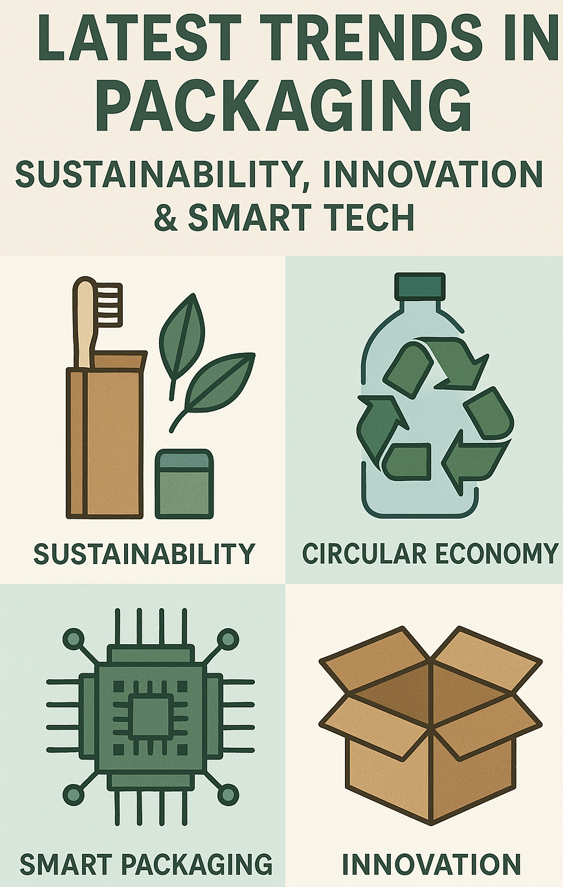the association for printing and paper technology within the german engineering federation vdma and the association for suppliers of printing, publishing and converting technologies npes sign a joint declaration joint endorsement of free trade, harmonized regulation, and mutual recognition of standards and certificateswashington d.c., december 16th, 2014 &ndash in a joint declaration, leading associations of german and american paper and printing technologies explicitly endorse the transatlantic trade and investment partnership ttip. signed by dr. markus heering, managing director of the association for printing and paper technology within vdma, and ralph j. nappi, president of the association for suppliers of printing, publishing and converting technologies npes, the declaration will now be transmitted to those concerned, eu commissioner cecilia malmström and u.s. trade representative michael froman.the two associations, who in sum represent 730 small, medium and largesized businesses with a total revenue reaching tens of billions, have agreed in bilateral talks during the last months on a joint declaration. key aspects include demands for a complete elimination of import duties and a harmonization of regulatory frameworks including trade mark rights, as well as the intention for mutual recognition of standards, certificates, and product testing.elimination of barriers will boost exchange of goods&ldquofor us, the united states are an important market. if business conditions were harmonized and other barriers eliminated, it would help businesses on both sides,&rdquo dr. markus heering stated in washington d.c. when signing the joint paper. in addition, mutual recognition of standards, certificates, and product testing is important to financially relieve businesses and to boost reciprocal export of printing and paper technology. in 2013, american suppliers delivered machines and plants worth &euro246 millions to countries belonging to the eu28, a quarter of it to germany. in return, european producers exported printing and paper technology of about &euro1 billion to the usa. of these producers, 44 were german. &ldquothe portfolios of german and american producers complement each other. while our strengths lie mainly in analog printing procedures, our american collegues are very strong in the digital field,&rdquo heering explains.member businesses of both associations hope for tangible relief through the ttip agreement. when it comes to import duties, this mainly means high bureaucratic effort. currently, these are glaringly disproportionate to scored public revenue through the largely low duties. thus, what strains especially small and mediumsized exporters is the different fiscal, economic, and environmental regulations of both markets, as well as the differing regulations concerning product declaration.unnecessary barriers block chances for the future&ldquothe mere fact of american and european regulations demanding different descriptions for the exactly same article, thus actually creating a need for certain descriptions, makes for considerable extra effort,&rdquo kai büntemeyer states, managing partner at kolbus and also chairman of the board of the association for printing and paper technology within vdma. this in turn makes it difficult to match erp systems for product planning and production control. however, joint enterprise resource planning systems are indispensable for seamless cooperation of production facilities in europe and the usa &ndash all the more so when considering the visions of industry 4.0. according to büntemeyer, the superfluous bureaucracy hinders german mechanical engineering companies from creating added value in the usa. this in turn might obstruct growth chances in the current revitalization of the us industry.continuing the bilateral dialoguein order to exploit potentials in the fields of standards, certification, and product testing, the association for printing and paper technology within vdma and npes intend to continue their cooperation. &ldquono matter what the outcome of ttip, we have already achieved much,&rdquo heering states. in the past months, there has been a very productive dialogue between the associations, which is sure to serve as a sound foundation for future cooperation. &ldquowe are aware of the importance of harmonized regulatory frameworks for our member businesses. this constructive atmosphere will facilitate further negotiations concerning standards, norms, or the mutual recognition of certification and product testing,&rdquo he says. after all, free trade not only means elimination of import duties and bureaucratic hurdles, it also means mutual trust. this is another stated goal of today&rsquos bilateral declaration. the associations for printing and paper technologies envisage the governing principle of &ldquoonce tested, everywhere accepted&rdquo in the future. npes and vdma are convinced that harmonization of international standards is a key factor in boosting transatlantic commerce. this objective should be promoted through a strong ttip agreement.







